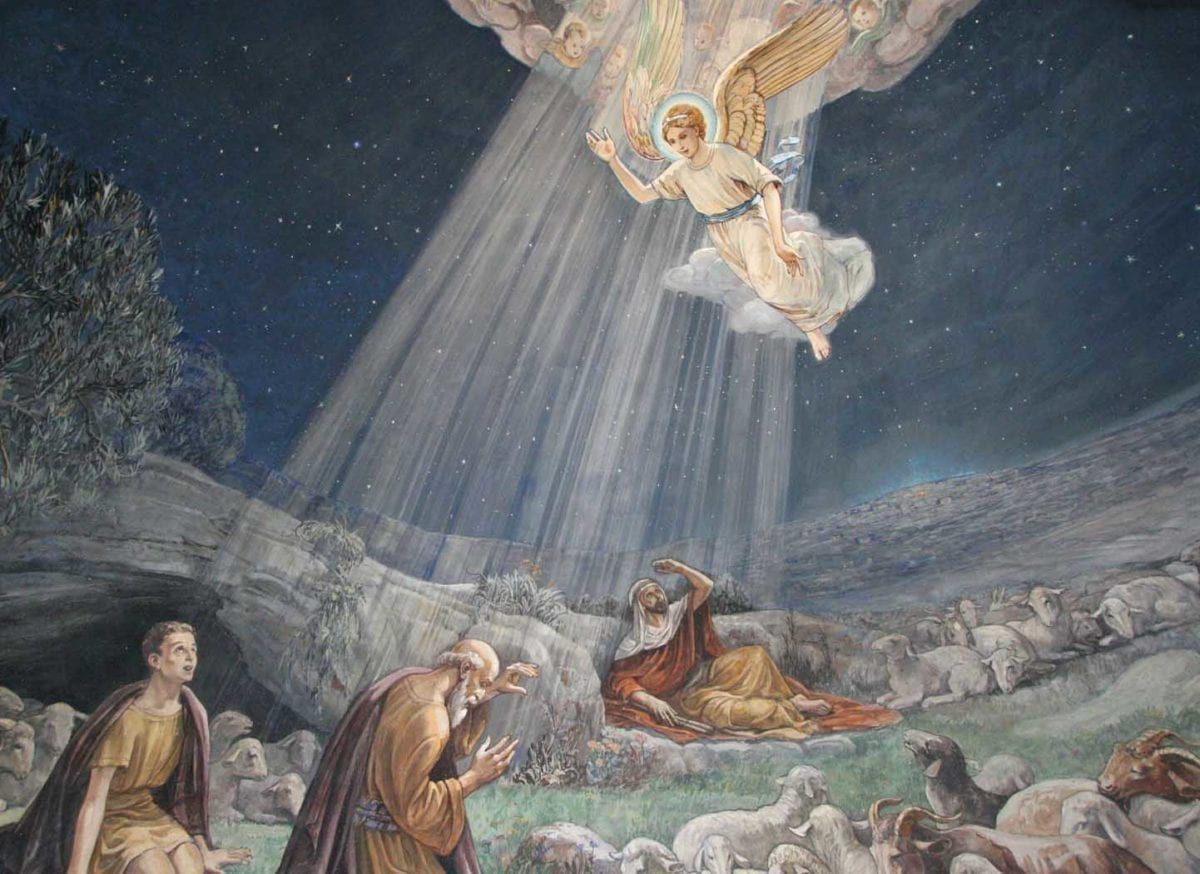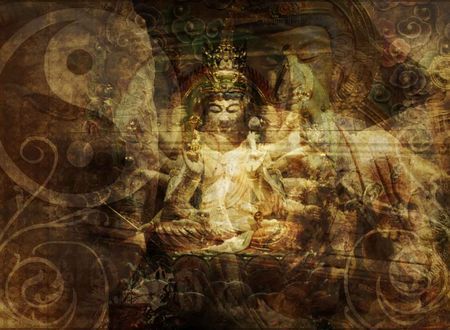There are many who have faith in God, just as there are those who don’t. Some believe because they have not done any thinking, and many others because they have done too much thinking. The same goes for non-believers too. Purely from the perspective of believing, those who believe in God – the focus of my present subject matter – are mainly of three types, as follows:
The Hopper
The hopper is the restless type. He believes if his current belief system has no answers to his questions, perhaps another one would. He is in search of a panacea, some kind of solution that will give him peace. The trouble is, however, that the hopper is merely jumping from one belief system to another.
He has not sat down to either identify the problem or ask the right questions. He’s like a window shopper. He is hopping because he is restless. All his attempts to turn inward or practice devotion prove futile, because he lacks resolve and often morality, too.
The hopper wants an easy fix for some deep-rooted problems. Upon his adoption of any new system, he feels good, relieved and consoled. This is the ‘beliefmoon period’. An illusionary feeling of ‘Faith in God’. It fades away quickly before he finds himself in the same old boat again, almost as if reality woke him up abruptly, after a short dream.
His restive tendencies and desires overpower him, and out he goes again, in search of another solution. The hopper has little chance of experiencing bliss – realization being out of the question altogether – until he makes some amendments to his life, thinking, conduct and beliefs. Dry speech, tall ego, unbound anger, and a lustful mind are sure signs of a hopper. He wants to change without letting go.
The Prisoner
A believer of a different type – the prisoner – is more stable than the hopper. His stability varies based on his internal state and external circumstances. Such stability is not necessarily because the prisoner is a better believer, but because he couldn’t be bothered with any cognitive pursuits, intellectual quests, or spiritual conquests.
The prisoner is so-called because he is a captive of someone else’s belief system. Someone else’s belief of ‘Faith in God’. A jail in the form of a religion, a cult, a sect, and so forth, has been built for a believer of this type. He feels life is a sentence that he must serve. He has a chance to live outside the jail, but he does not revolt nor does he appeal. He accepts the ways of the prison.
A lot of people are simply prisoners of their respective belief systems. They dare not venture outside of it. Unlike prisoners in the real world, these ones are behind illusory bars. If you have simply accepted a certain philosophy or religion because that’s what was offered to you, chances are, you are serving a sentence. You are living by the rules passed on to you.
If must you stay in prison, for reasons known only to you, at least play the jailer; it is a much better job, a better role. In prison, one may paint prettier paintings than Picasso or sound smarter than Shakespeare, one remains a captive still. The ‘belief-prison’ is a product of the conditioned mind and can be knocked down, only if you are willing to put in the effort.
The Pet
Unlike the hopper, the pet stays in one place. And unlike the prisoner, he receives love from his master as well as from the other residents of the house. He lives in harmony. A pet is someone, who after finding his answers, settles on a certain belief system with love, compassion and conviction. He gets past hollow arguments and dry polemics.
Belief is a product of the intellect. As long as one says, “I believe,” it means they have not yet discovered their own truth. The freedom of a pet is restricted to the whim of the owner. The expression upon realization automatically changes from, “I believe,” to “I know.”
Anything second-hand cannot be knowledge; it is merely information. When we utilize that information and arrive at a conclusion based upon our own experience, that is knowledge. The primary difference between the prisoner and the pet is the degree of surrender. Being a pet of your own home (intellectual discovery) is far better than being a captive of someone else’s belief system.
The pet naturally finds joy in sighting his master. In the system of Bhakti – devotional service – a pet is the greatest you can be. However, I reiterate, my present focus is wholly from the perspective of believing. The prisoner may be as established in his belief system as the pet, but the former finds no fulfillment; he cannot play around like the latter, let alone have the ‘master’ clean up after him.
True realization consumes all beliefs that tie you down and condition your world. Your experience becomes your guiding force and your unconditioned self, your guiding light. You no longer have to either believe or disbelieve; you get a third choice — to create your own belief system. You no longer move between the various sets of dogmas.
Faith is a higher form of belief. Faith, when held onto with cent percent conviction, can perform miracles. When you instill morality, purity, surrender, and conviction in your belief, it starts to change from a dry intellectual doctrine to a soulful entity of faith. Some may call it, ‘Faith in God’. Besides, when you experience your own truth, all definitions become immaterial.
Faith in God is one such form.
Go on! Be a pet of your lord or the lord of your own world. Don’t settle for anything less.
Peace.
Swami
A GOOD STORY
There were four members in a household. Everybody, Somebody, Anybody and Nobody. A bill was overdue. Everybody thought Somebody would do it. Anybody could have done it but Nobody did it.
Don't leave empty-handed, consider contributing.It's a good thing to do today.









Comments & Discussion
22 COMMENTS
Please login to read members' comments and participate in the discussion.